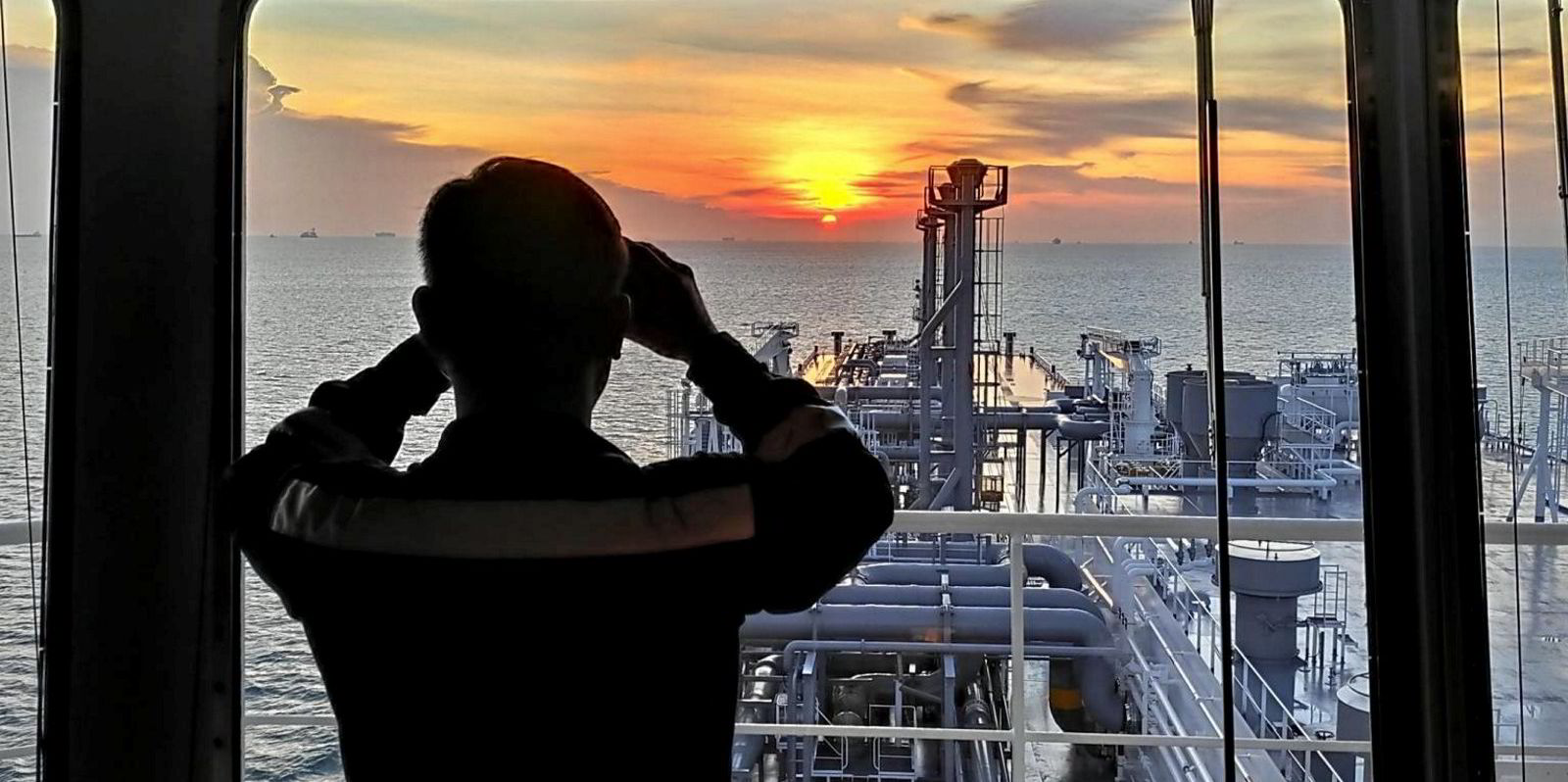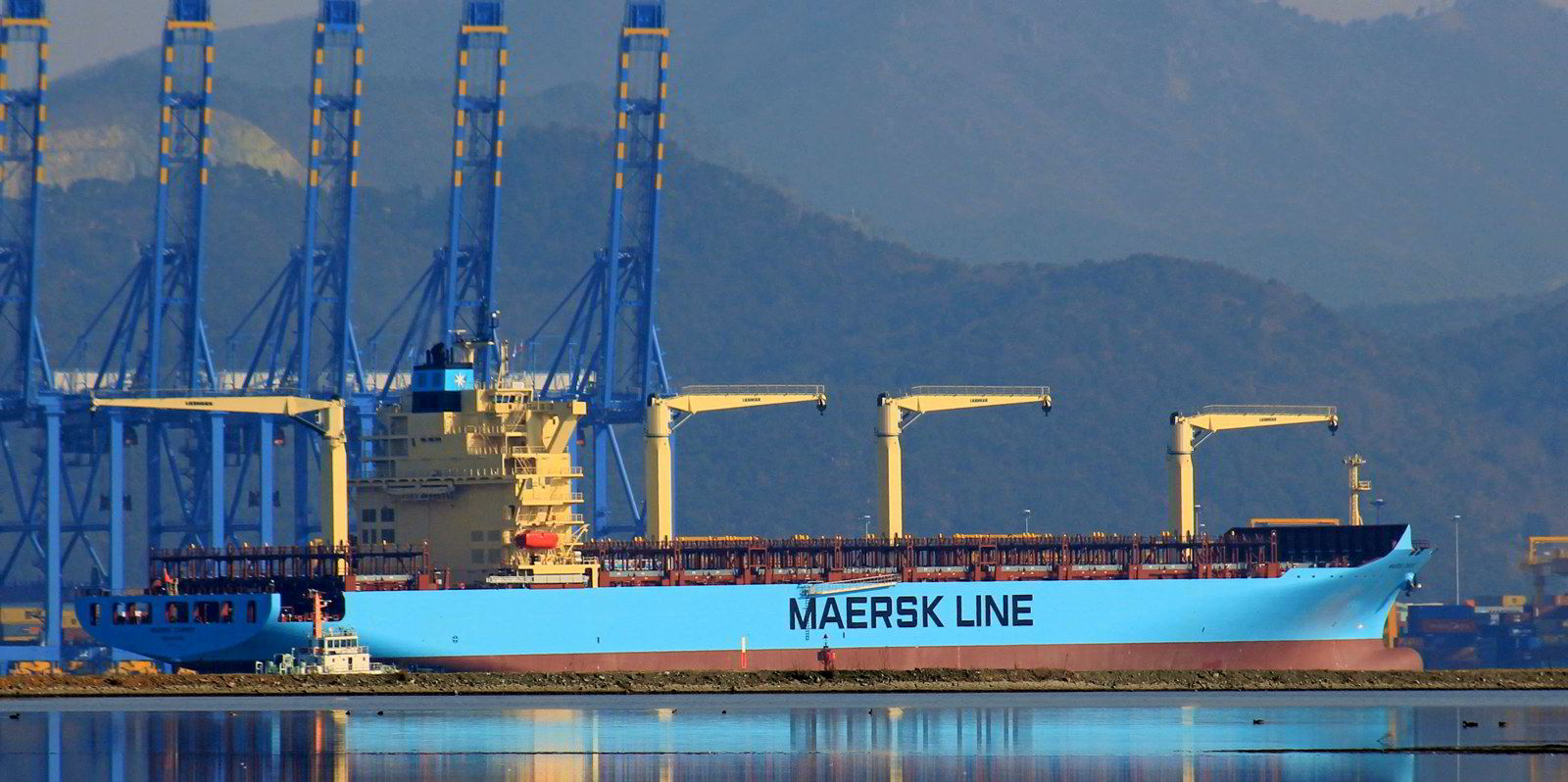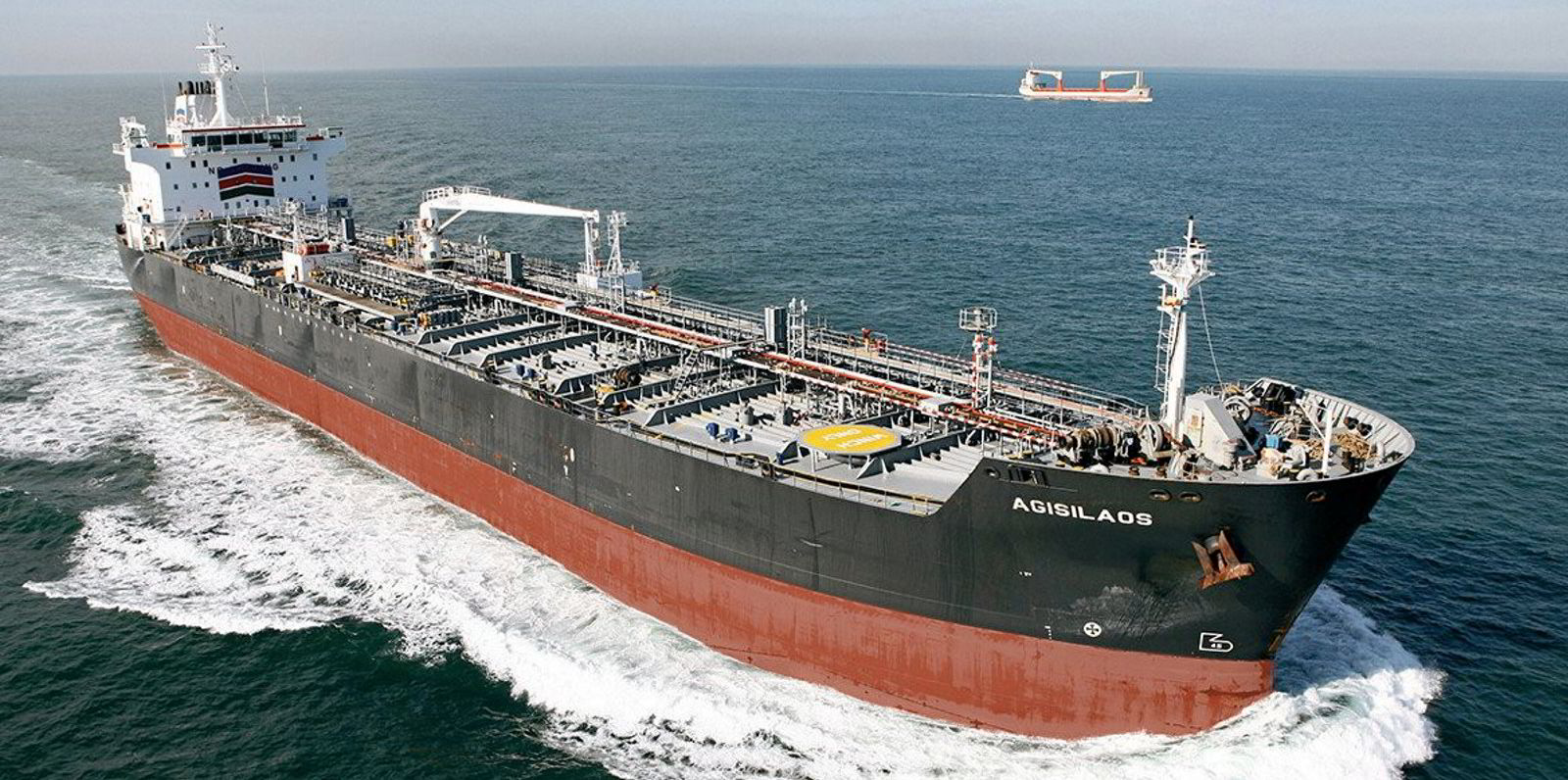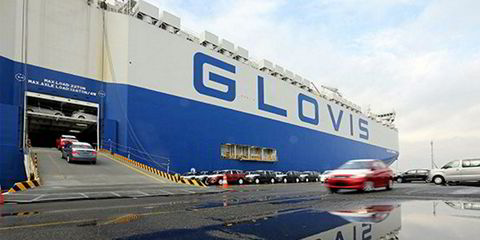The number of seafarer kidnappings off West Africa has risen to record levels after a spate of pirate attacks last year.
The International Chamber of Commerce’s International Maritime Bureau (IMB) logged 195 incidents of piracy and armed robbery against ships worldwide last year, up from 162 in 2019.
The report shows three vessels were hijacked, while 11 were fired upon, with 20 other attempted attacks and 161 boarding incidents reported.
The rise is attributed to increased activity by criminal gangs in the Gulf of Guinea, and more robberies in the Singapore Straits.
Globally, 135 crew were kidnapped from their vessels last year.
The Gulf of Guinea accounted for over 95% of this figure, with 130 seafarers seized in 22 separate incidents.
Unprecedented surge
Since 2019, the region has "experienced an unprecedented rise in the number of multiple crew kidnappings", the IMB said.
Ralf Nagel, chief executive of the German Shipowners' Association (VDR), said the new numbers were particularly worrying for West Africa.

Photo: Souvlas Nikolaos/GasLog
The increase in incidents against vessels underway in the Singapore Strait has also continued since the end of 2019, with 23 attacks reported last year.
Vessels were boarded in 22 of the 23 incidents.
"Although considered low level — ie aimed at armed theft from the vessel — and tending to take place in the hours of darkness, one crew was injured, another taken hostage and two threatened during these incidents," the IMB said.
Knives were reported in at least 14 attacks.
There were no incidents reported off the former hotspot of Somalia for another year.
But the IMB warned that Somali pirates continue to possess the capacity to carry out attacks in the Somali basin and wider Indian Ocean.
"For several years now, we have been observing that the situation in the Gulf of Guinea is worsening," he added.
"This region has meanwhile become the hotspot of piracy worldwide. Ships are almost regularly attacked here, including German vessels, seamen kidnapped from [on] board and held hostage for weeks — an intolerable situation."
Nagel added that the industry has for a long time been asking that neighbouring countries do more to combat piracy in their waters in a sustainable manner.
Unwilling to help?
"But apparently these countries are unwilling or unable to do so. We therefore demand that, in future, similar to the situation in Somalia, there is always a current and valid situation report for maritime shipping in order to be able to better assess risks," Nagel said.
He also called on the European Union to do everything in its power to solve the problem with West African states.
"Otherwise we are heading straight for a situation that is as dramatic for German and international shipping as it was at the Horn of Africa," Nagel added.
The IMB reported that incidents in the Gulf of Guinea are particularly dangerous, as over 80% of attackers were armed with guns.
All three vessel hijackings and nine of the 11 vessels fired upon last year related to this region.
Crew kidnappings were reported in 25% of vessel attacks in the Gulf of Guinea — more than in any other region in the world.
Pirates have reached nearly 200 nautical miles (370 km) from land to raid vessels.
The IMB advises vessels to remain at least 250 nautical miles from the coast at all times.
"The latest statistics confirm the increased capabilities of pirates in the Gulf of Guinea with more and more attacks taking place further from the coast," IMB director Michael Howlett said.
"This is a worrying trend that can only be resolved through increased information exchange and coordination between vessels, reporting and response agencies in the Gulf of Guinea region."
Howlett added that despite prompt action by navies in the region, there remains an urgent need to address the crime, which continues to have a direct impact on the safety and security of innocent seafarers.






